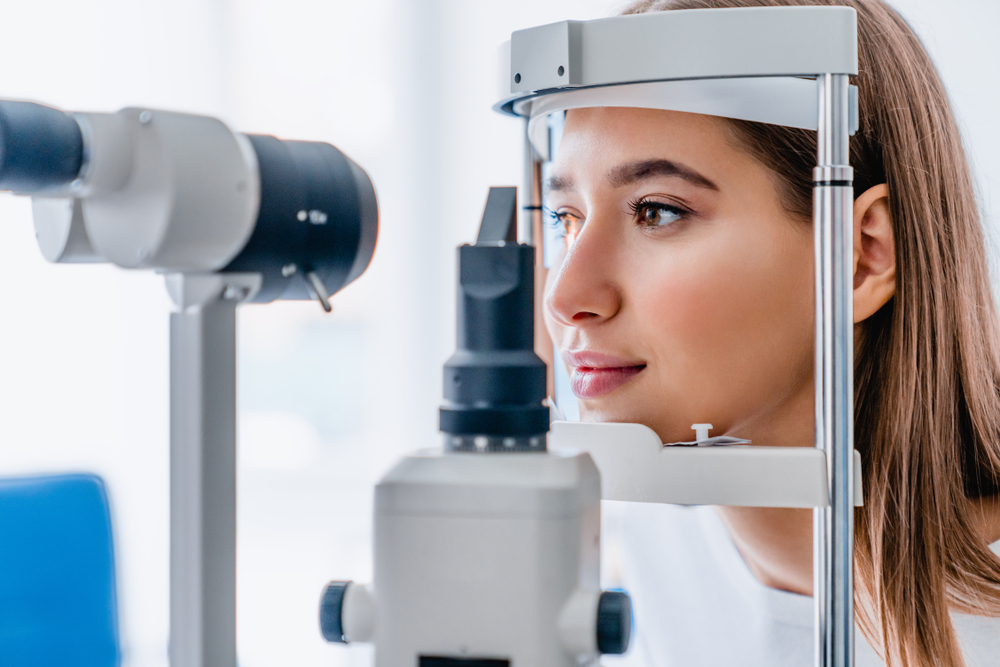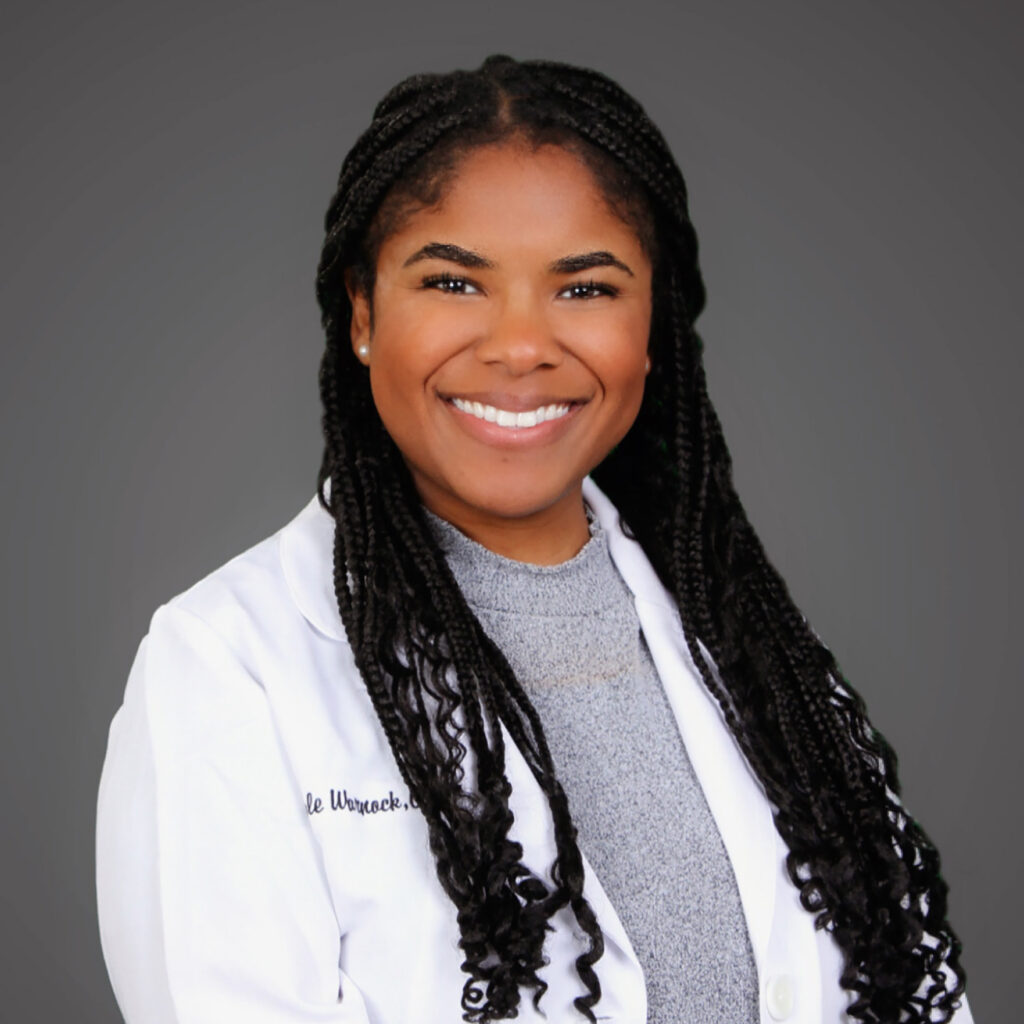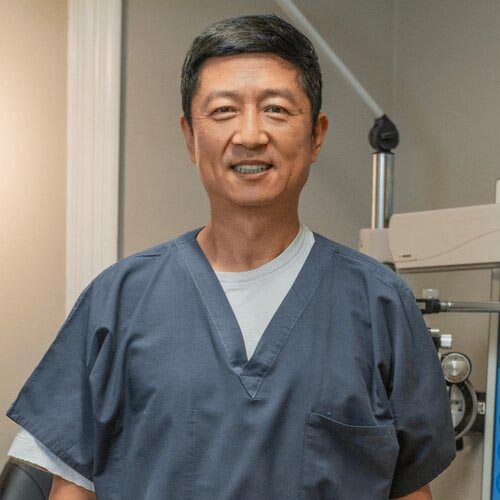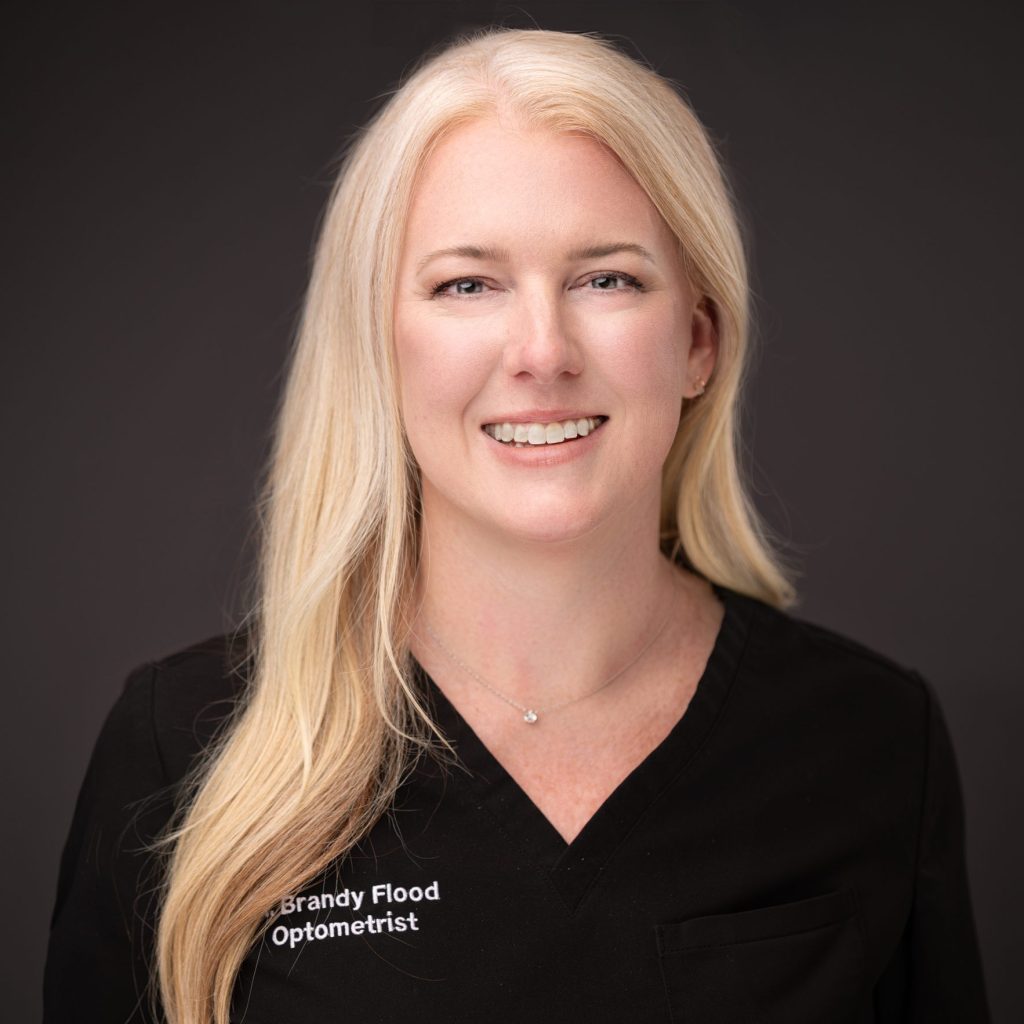Eye Exam
At Georgia Center for Sight, the mission is to be a leader in comprehensive eye care. Your vision is the top priority, and the team of experienced eye doctors at Georgia Center for Sight strives to provide top-notch ophthalmic care in a comfortable, professional atmosphere.

What Happens During an Eye Exam?
The state-of-the-art facility at Georgia center for sight offers the best technology available for all your eye care needs. The doctors and staff are trained and skilled in the latest treatments for cataracts, macular degeneration, and glaucoma, in addition to a wide variety of other eye concerns.
Our surgeons and his team of experienced professionals utilize the latest techniques and technologies available to perform a comprehensive eye exam to maintain the overall health of your eyes. The team is specially trained to detect and treat eye conditions and diseases.
During an eye exam, your eye doctor at Georgia Center for Sight in Athens, Georgia, will evaluate your vision and check for any eye problems or conditions. This exam typically includes several tests and evaluations, including the following:
Visual Acuity Testing
This test measures how well you can see at different distances and with each eye individually. Typically, this test is done using an eye chart.
Refraction Test
This test measures the strength of your glasses prescription if needed. This is done using a machine called a phoropter.
Pupil Response Test
This test checks the pupils’ ability to react to light and focus. This is important because it can tell your eye doctor about other things that may be going on in your brain.
Slit Lamp Exam
A slit lamp is a special microscope that eye doctors use to get a closer look at the intricate structures of your eyes. When examining the front part of your eye using a slit lamp, your eye doctor will evaluate the health of your cornea, iris, and lens.
Eye Pressure Tests
This test measures the pressure inside your eye. Since high eye pressure can indicate glaucoma, this is a very important part of any eye exam.
Retinal Exam
In order to perform a retinal exam, your eye doctor will give you dilation drops in order to expand your pupil. Once they have taken effect, your eye doctor will use a special lens and the slit lamp to examine the retina and other structures at the back of your eye to check for any abnormalities or damage.
It is important that you inform your eye doctor about any vision-related symptoms or concerns you may have, as well as any family history of eye conditions and any medications you’re taking. They will consider this information during your exam.
How Often Do I Need to Have an Eye Exam?
The frequency at which you should have an eye exam can vary depending on many factors. The best way to know the frequency that is appropriate for you is by asking your eye doctor. To determine this, your eye doctor will consider a variety of factors, including your age, overall health, and other risk factors for eye conditions. It is typically recommended that adults between the ages of eighteen and sixty have an eye exam every two years, while those over the age of sixty should have an eye exam annually.
However, if you have a history of eye problems or a family history of certain eye conditions, your eye doctor may recommend that you have more frequent eye exams.
Does My Child Need an Eye Exam?
It is recommended that children have their first eye exam at six months old, followed by another eye exam at age three and before they start school. Children should have their eyes checked yearly or as recommended by an optometrist or pediatrician.

It is particularly important to have an exam if your child is experiencing any vision-related symptoms. There are several signs that you should take your child in for an eye exam at Georgia Center for Sight.
If you notice any of the following, schedule an appointment with your child’s eye doctor:
If you have any concerns about your child’s vision, it is best to consult an eye doctor for a proper evaluation as soon as possible. An eye doctor can determine if your child needs glasses or if there is a more serious underlying condition that needs treatment.
Why Choose Georgia Center for Sight
Georgia Center For Sight is a full-service family eye care practice. No matter your family’s eye care needs, you can find the treatment option right for you at Georgia Center for Sight.
The staff of medical professionals at Georgia Center for Sight specializes in cataract surgery, lens implants, astigmatic correction, glaucoma, macular degeneration, diabetic retinopathy, dry eyes, and pediatric ophthalmology. Eye exams are essential for the early detection of many eye conditions and to preserve your vision.
For this reason, make sure everyone in your family visits their eye doctor at Georgia Center for Sight on a regular basis.
Is it time for you or your child to have an eye exam? Schedule an appointment at Georgia Center for Sight in Athens, GA, today!



